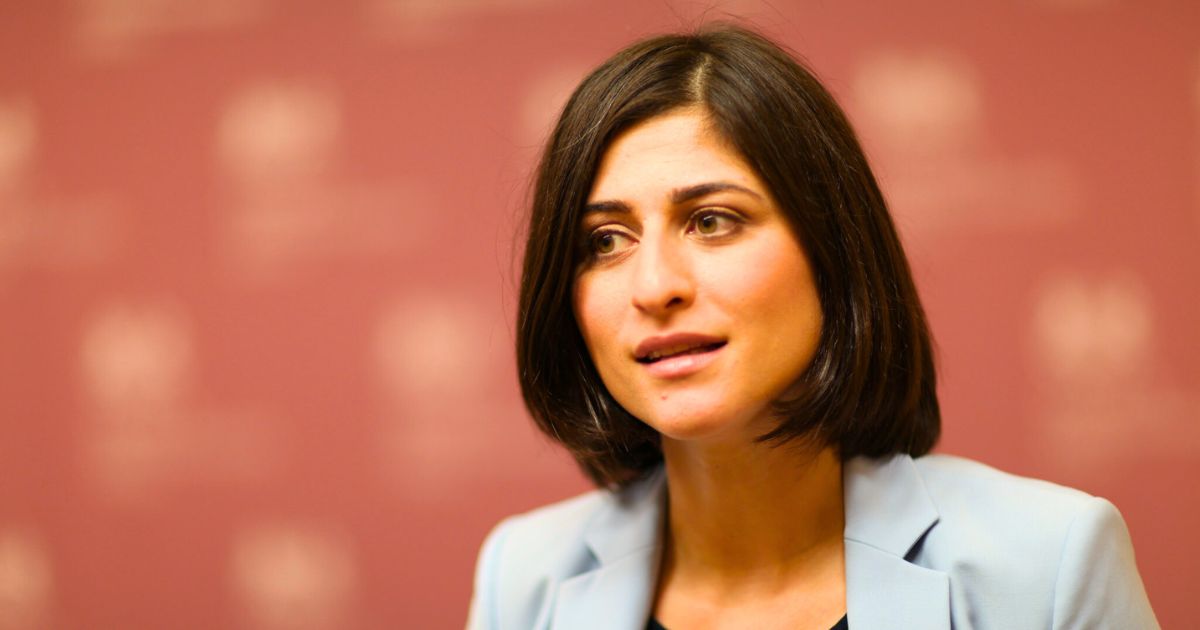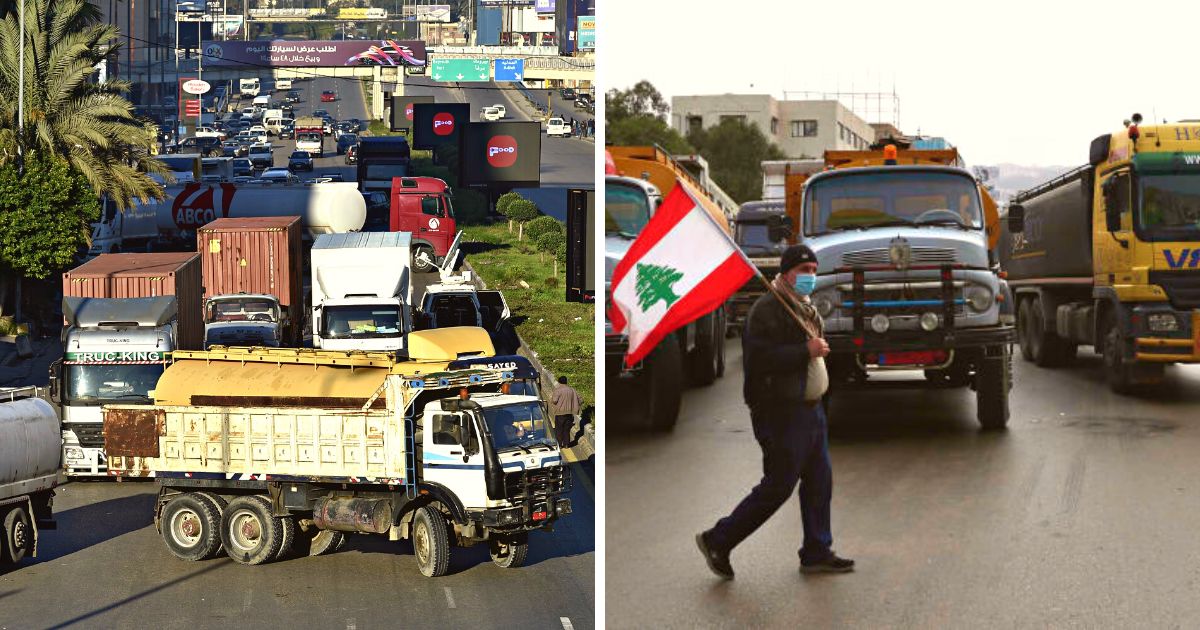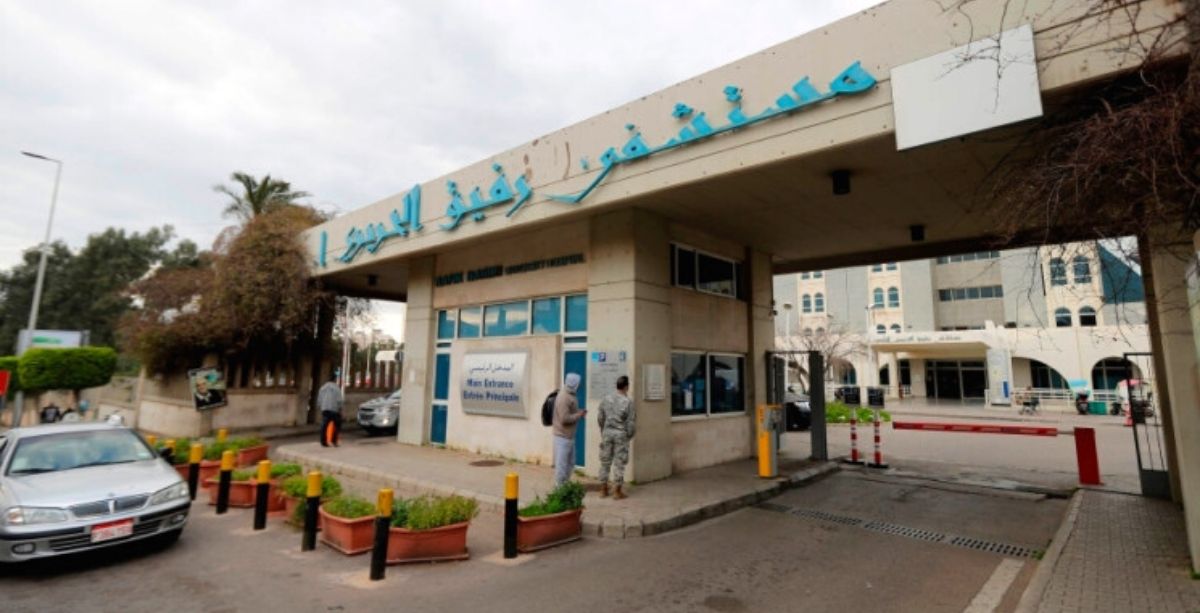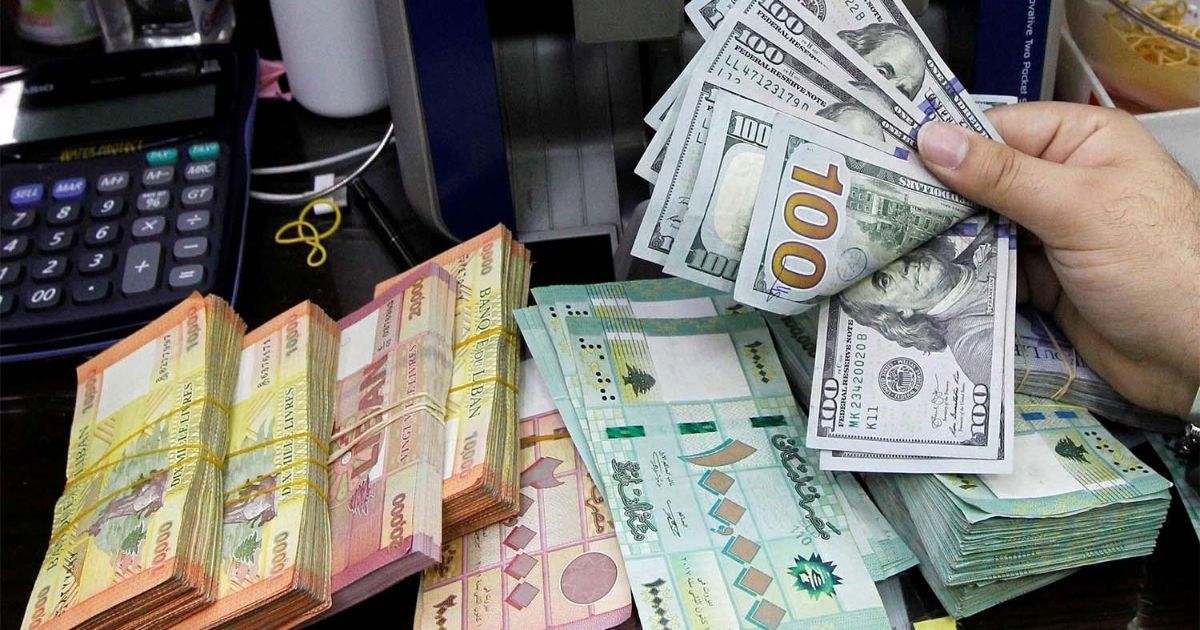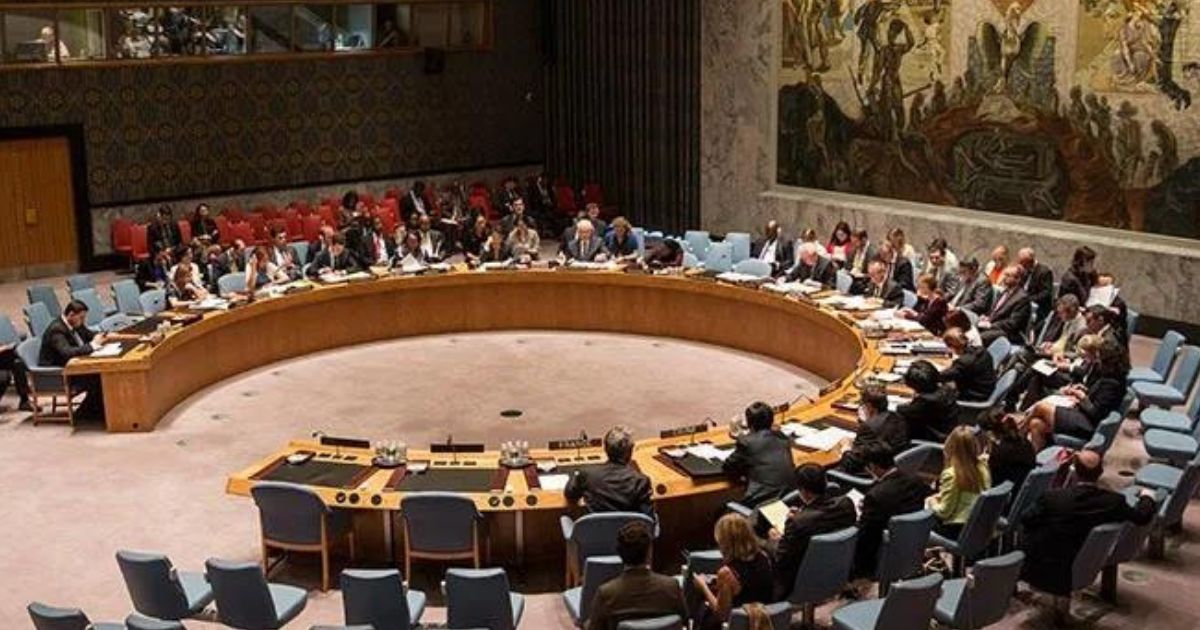As Lebanon has begun its year in complete political, financial, and administrative collapse – the year is hitting us with blow after blow as the country now deals with an escalating Coronavirus crisis that has affected 22 people already; as the time of writing.
And although the country maneuvers a major blow and challenge to its health system and infrastructure, International Women’s Day is this weekend. We cannot forget that.
The International Women’s Day march, taking place this weekend has become a major platform for women from across the country to advocate, lobby and demand for their rights.
And this year, more than ever, as Lebanese people across the country walk side by side to demand their collective rights, the women’s agenda falls at the frontline of these demands: the demand for equal treatment, fair representation, a role in decision-making, as well as financial independence.
Lebanon does not have the best human rights record, and its women’s rights record is a clear depiction of this reality.
Amid personal status law that butchers women and young girls’ rights, their dignity, and their freedom, religious courts continue to govern women’s bodies and fates, their societal roles and their overall treatment within a “family unit” in the areas of custody, inheritance, and divorce.
Lebanon’s October 2019 revolution laid the foundation for a wave of change – one that is cemented in the efforts of struggling men and women from across the country.
And the truth of the matter is that although we, as an overall population, suffer the same fate, women across the country feel the blows of political and financial corruption twice as hard.
Whether we discuss wage gaps and sexual harassment all the way up to lack of representation, women in this country have twice as much to demand for. And that is a fact.
In her op-ed for The New Arab, overall powerhouse Dr. Carmen Geha discusses her experience speaking to women for her work on women in politics, stating:
“All the women I’ve interviewed for my own research on women and politics say that they were harassed within their political parties and that this was the norm. In the economy, we make up only 23 percent of the formal employed labor force. Precarious working conditions and informal jobs are widespread, and probably account for most of working women’s employment.”
As every faction of Lebanon, man and woman, adult and child take to the streets each and every day and protest in their own ways against the rampant human rights violations which govern our very existence, I must say: in times of crisis, a woman feels twice as much pain.
She has been fighting for her rights for her entire existence. At the moment, it is simply more televised because they are not the only ones hurting. We will see you on the streets this weekend.


